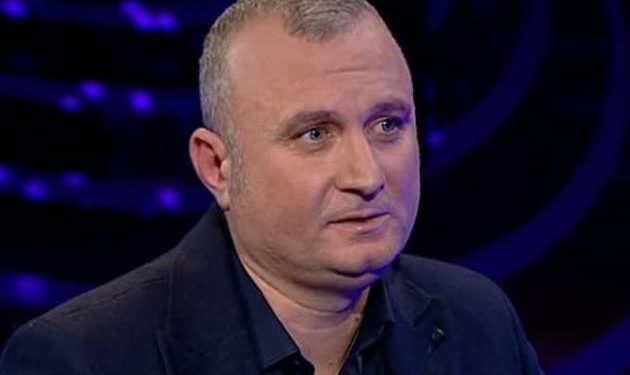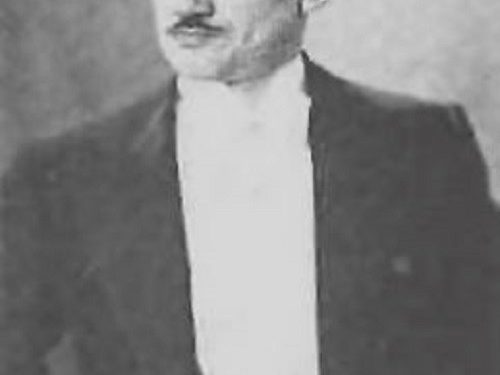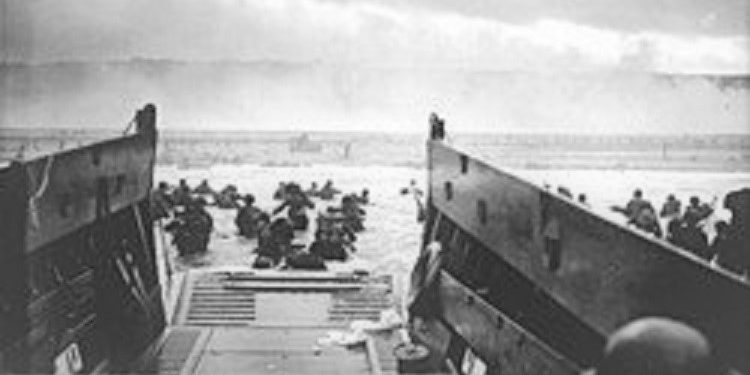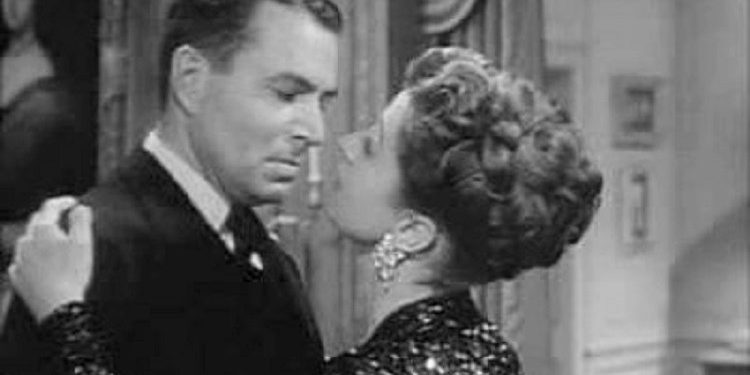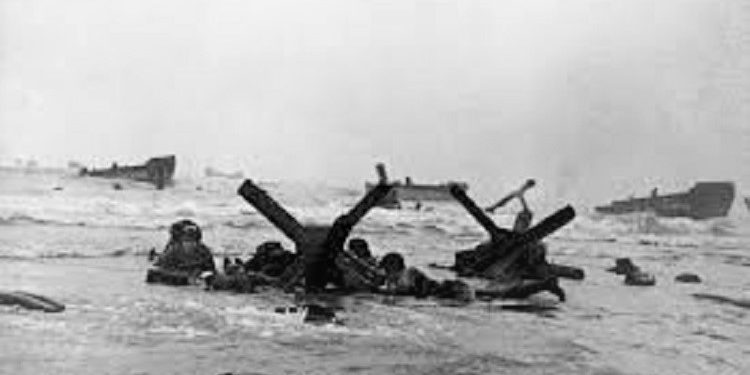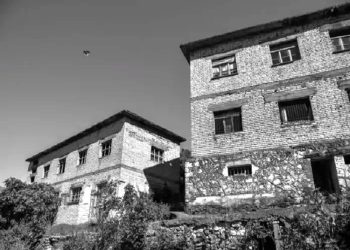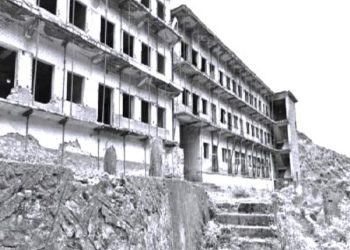By Raimonda Moisiu – Armand Plaka
The story of one of the greatest agents of World War II, who from a safe-cracker turned into a thief of important documents!
Memorie.al / The name of an Albanian agent is listed in the biographical dictionary with the espionage personalities who have made a name and fame during the 20th century, in World War II, a dictionary that provides a lot of information about their lives and activities. The life of the Albanian agent, who is one of the most prominent agents of the 20th century, draws your attention. He worked for the Germans during World War II, to whom he gave very valuable information. He ranks alongside world-famous agents who have made a name in both world wars, such as: Franz Von Papen, Fritz Kolbi, Kim Philby, Mata Hari or Anna Maria Lesser.
The life of the Albanian Bazna, from thief to locksmith!
Iliaz Bazna is the name of the Albanian spy legend, known by the pseudonym “Cicero”. He was born in 1904, in Pristina, at a time when the province of Kosovo, but also most of the Balkans, was occupied by the Ottoman Empire. He and his entire family is Albanian in origin, but his education was greatly influenced by Turkish traditions. Bazna said that his father was a devout Muslim and held the title of “mullah”. His grandfather and uncles lived during the time of the Young Turks, that is, the New Turks, at the time of Mustafa Kemal Ataturk.
Three of his first cousins, as well as Bazna himself, had studied at a Turkish military academy and managed to excel in their work, to the extent that one of them was the mayor of Ankara from 1960-1962. But the future agent, Bazna, would be thrown out of the military academy and in 1919, would begin the life of an ordinary criminal, in Istanbul occupied by the Allies.
Initially, he was caught stealing weapons from British army warehouses, and for this he spent part of his life in the penal camp of Marseille. After leaving the camp, he got a job in a factory where keys for safes were produced and became a master in this profession, after several failures in his attempts to find work in diplomatic missions.
Secret documents
After working for a Yugoslav ambassador, for a British consul, for an American military attaché, he managed to be hired by the British ambassador, Knaçbull-Hugesen, in Ankara. Hugesen was “naive” when he thought that he was prepared to not throw anyone away. At the beginning of 1943, the ambassador hired Bazna, a sharp, servile and cunning man who knew what to do for his master. Bazna, after being forced to leave the academy, had become an autodidact and had a good knowledge of several languages, which he spoke fluently. He was meticulous in carrying out all his tasks.
Hugesen appreciated Bazna and trusted him blindly for everything. So, he began to rely on Bazna. Thus, within a few months, Bazna learned all the habits of the ambassador, even his movements and behaviors. The Albanian became the most privileged and trusted man. He discovered that his employer brought home very important secret documents to study. He even noticed that Hugesen kept the documents in the safe.
Bazna, the master of safe keys, managed to duplicate the keys. He also discovered the combination of numbers of the secret safe and withdrew the documents. So, on October 20, he takes them and, using a liquid called “Leica”, produces facsimiles of them. It was the time of the Tehran Conference and Bazna not only discovered secret documents related to the Allied operations in Normandy, but he learned many secrets about the danger that threatened the Balkans.
Meeting with the German Ludwig
On the evening of October 26, 1943, Bazna met with a senior official at the German embassy, for whom he had previously worked, and offered him facsimiles of secret documents. The senior German official, known by the pseudonym “Pierre,” had been recruited by the RSHAV, and his name was Ludvig C. Bazna, and they worked together in secret. Bazna asked the German for 20,000 pounds sterling in exchange for the information. The German refused the Albanian’s request for the moment, saying that he was not ready to give such sums. However, he understood that it was a very important piece of information and insisted on seeing the documents.
Bazna told him that he was not stupid enough to give him the documents before he was paid, otherwise he would sell them to the Soviets. He told the German that he would give him the documents on film, but that it would cost the Germans 15,000 pounds sterling. Ludwig had three days to evaluate the Albanian’s offer. Bazna would call Ludwig at the German embassy on October 30, 1943, at 3 p.m. and introduce himself on the phone as “Pierre.”
He would ask if Ludwig had any letters for him. If the answer was negative, then the Germans would never hear from him again. It was just after midnight when the visitor put on his coat, put on a hat that fell slightly over his eyes, and went to the door where Ludwig was. He sat down next to the German and said in a low voice: “You want to know who I am? I am the British ambassador’s recruit.” Once inside, Bazna surprisingly disappeared from Ludwig’s sight, which initially followed him through the streets, but never saw him again.
The next morning Ludwig told his story to the German ambassador in Turkey, Franz von Papen. But he was not surprised, since he had been involved in espionage and intrigue. He had recruited spies in America, had even contacted the famous Mata Hari, and was already involved in all the secret combinations within the Third Reich. Since Turkey was a neutral country, it had become a center of espionage for all the Great Powers.
How did the Albanian get the name “Cicero”?
Von Papen told Ludwig that he was not authorized to pay the sum of 20 thousand pounds for information that was still unverified. Moreover, he told him that this decision should be made by higher state levels in Germany, namely by the German Foreign Minister at the time, Joachim von Ribbentrop. The ambassador sent a coded message to Ribbentrop, explaining the situation and requesting the sum of 20 thousand pounds as a start, while other amounts would be processed later. The amount had to arrive in Ankara no later than October 30, otherwise the operation would fail. Although the ambassador did not think so, the response from Berlin was positive.
Ludwig then went, as ordered, to the ambassador’s office. Papen told Ludwig that he had to make an agreement with what would now be called “Cicero”, after the name taken from the famous Roman orator, as the information was very promising. The ambassador told Ludwig that the courier had arrived and had brought with him 20 thousand pounds. However, the ambassador advised Ludwig to be careful, as the work he was doing was risky. The meeting took place at the appointed place and the Albanian handed Ludwig two 35 mm film reels.
As Ludwig reached for the reels, the calm Albanian said, “First, the money.” An irritated Ludwig opened the envelope and counted the money. He insisted that, in any case, before giving it to Cicero, he should see the films developed, because he did not believe them. Cicero agreed, only to wait half an hour. Ludwig took the film and saw it developed in a dark room near his office. The information contained important recent data. Ludwig finally decided to make the payment.
From this moment on, “Cicero” continued to supply Ludwig with very valuable secrets, which he carefully photographed and stored in the British embassy building. The material discovered by “Cicero” was a treasure trove of secrets, including the plans for the Casablanca Conference between Roosevelt, British Prime Minister Churchill, and the Chinese Nationalist leader, Chiang Kai-shek. Bazna then gave the Germans the plan for the Tehran Conference between President Roosevelt, Churchill, and Stalin.
From the details they learned of this high-level meeting, the Nazis understood for the first time the Allied plans for the invasion of Europe. But the German high command, after studying the documents coming from Istanbul, decided not to accept them as true, concluding that the information was a fabrication by the British, to be passed on to the Nazis. The plan was too good to be true. The Germans instead fully trusted the information brought by an agent of theirs recruited by the British, who is known in espionage terminology as; “the man who never existed.”
The leak of “Cicero”’s very valuable information stopped in the spring of 1944, when the Allies learned that something serious had happened at the British embassy in Ankara. The Allies learned this, not as a result of their secret service, but from the mouth of the Reich Foreign Minister himself, Ribbentrop, or more precisely, from an Allied spy, one of the few who remained in Germany at that time. This agent was Fritz Kolbe, who had worked for a long time in the Nazi administration, a German patriot who hated the Nazis.
Kolbeg had managed to get in touch with the Office of Strategic Services “OSS” and its chief, Allen Dallas, in Bern, Switzerland, giving him very important documents. In early 1944, Kolbeg had managed to decode a telegram from Ambassador Papen to Ribbentrop in Berlin, which referred to secret information received from the spy “Cicero”, and which said that this information came directly from the offices of the British embassy in Ankara. He urgently passed this information on to Dulles, who forwarded it to the Intelligence Service.
Arrest
After verification, Bazna was arrested in Ankara. But he did not admit anything. He answered all the questions that were asked with silence. He had managed to collect at that time a sum of 300 thousand pounds, at that time a staggering amount. He managed to escape and go to Lisbon, where he booked a trip to South America. As soon as he went to South America, “Cicero” opened a bank account, depositing the money in a large bank.
He was vacationing in a villa overlooking the ocean, had many servants, a beautiful woman and lived the life of a gentleman. He now had a recruit who served him blindly. This made him one of the greatest spies of all time. But, ironically, he would not enjoy the new lifestyle he had started for long. South American bankers came to visit him at his villa and informed him that something was wrong with his bank account. Almost all of the British pounds had gone out of circulation. At first he was shocked, but then he came to understand the elaborate “betrayal” of the Germans.
The master of espionage burst out laughing. His Nazi employers had simply minted fake coins and given them to him. Bazna was arrested and sent to prison, but later managed to miraculously be released and return to Europe. Many books, including his own memoirs, as well as a major film called “Five Fingers,” portray his incredible profile, whose ghost would long haunt the dark corridors of espionage. Like many other spies, he worked for personal gain, but in the end he spent his days in utter poverty, dying in 1971, penniless.
Hitler trusted the Albanian
In almost six months, Bazna produced 400 copies of documents, most of which dealt with plans for major military operations. The German authorities in Berlin, including Hitler himself, had every reason to believe that Bazna’s secret documents were authentic, that they were not the product of British intrigue. In general, the reason given for Germany’s failure, up to its complete capitulation, was the jealousies and oppositions that the secret service organizations of Ribbentrop, Himmler and Canaris had among them.
But on April 20, in a relatively short time, British Secret Intelligence established a secure wiretap line. Bazna smelled it and quit his job, leaving as a free man. With a sum of 1.2 million dollars, Bazna was to begin building a luxury Turkish hotel, but he was unable to finish it, because all the British banknotes that he had received from OPN Bernard turned out to be counterfeit.
Bazna, this time, narrowly escaped prison, accused of counterfeiting currency. He spent the rest of his life in poverty and was unable to receive compensation from the post-war West German government. Working as a car mechanic and as a music teacher (he had had several training courses in the field of opera), “Cicero” died in Istanbul in 1971. Memorie.al




